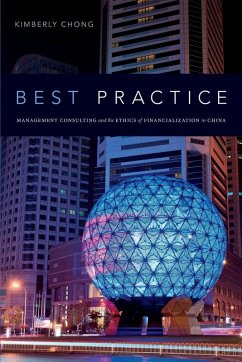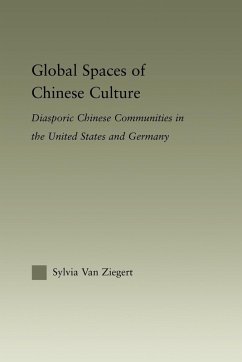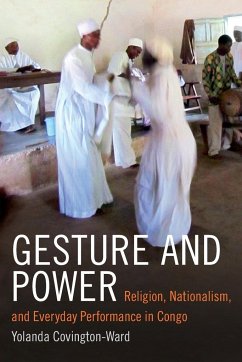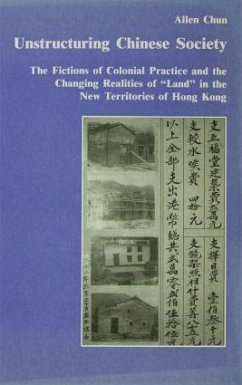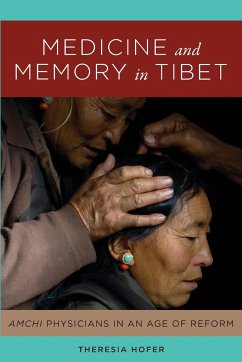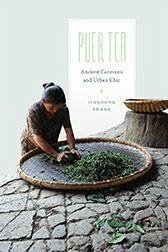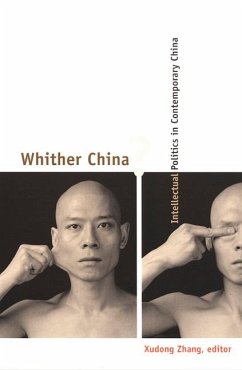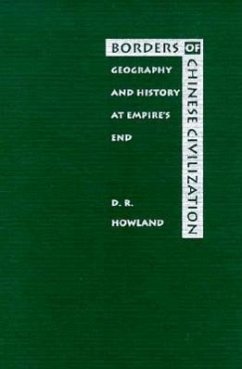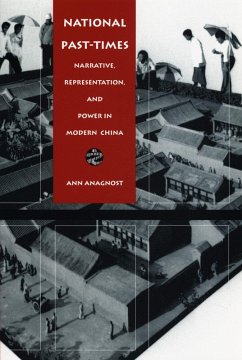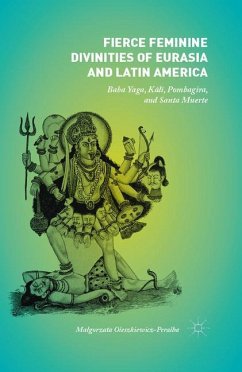Nicht lieferbar
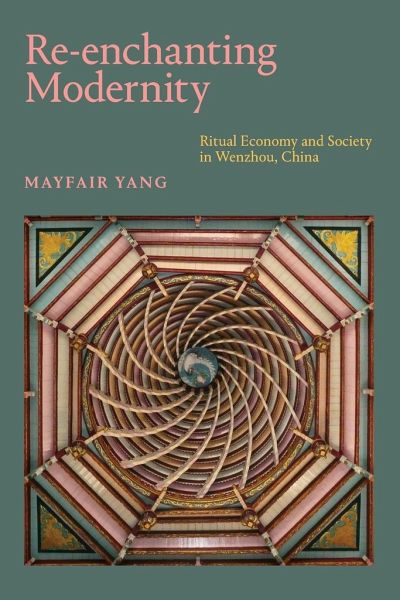
Re-enchanting Modernity
Ritual Economy and Society in Wenzhou, China
Versandkostenfrei!
Nicht lieferbar
In Re-enchanting Modernity Mayfair Yang examines the resurgence of religious and ritual life after decades of enforced secularization in the coastal area of Wenzhou, China. Drawing on twenty-five years of ethnographic fieldwork, Yang shows how the local practices of popular religion, Daoism, and Buddhism are based in community-oriented grassroots organizations that create spaces for relative local autonomy and self-governance. Central to Wenzhou's religious civil society is what Yang calls a "ritual economy," in which an ethos of generosity is expressed through donations to temples, clerics, r...
In Re-enchanting Modernity Mayfair Yang examines the resurgence of religious and ritual life after decades of enforced secularization in the coastal area of Wenzhou, China. Drawing on twenty-five years of ethnographic fieldwork, Yang shows how the local practices of popular religion, Daoism, and Buddhism are based in community-oriented grassroots organizations that create spaces for relative local autonomy and self-governance. Central to Wenzhou's religious civil society is what Yang calls a "ritual economy," in which an ethos of generosity is expressed through donations to temples, clerics, ritual events, and charities in exchange for spiritual gain. With these investments in transcendent realms, Yang adopts Georges Bataille's notion of "ritual expenditures" to challenge the idea that rural Wenzhou's economic development can be described in terms of Max Weber's notion of a "Protestant Ethic". Instead, Yang suggests that Wenzhou's ritual economy forges an alternate path to capitalist modernity.





